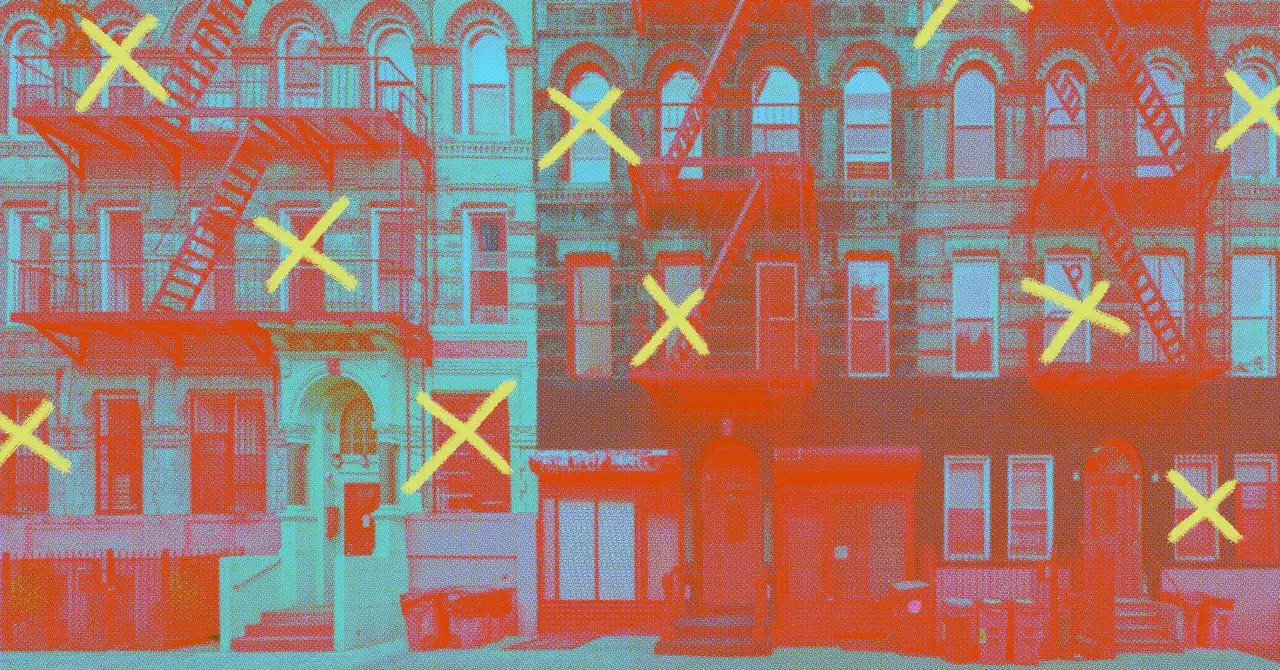Since the implementation of New York’s Local Law 18, Airbnb has been vocal about its concerns regarding the impact of the regulations on its platform. The law, which prohibits most whole-apartment rentals for stays under 30 days, was intended to address issues such as high rent prices and housing availability in the city. However, Airbnb argues that the desired outcomes have not been achieved, citing the continued high rental prices and limited housing options.
Airbnb is urging New York to reconsider the current regulations and make adjustments to allow for more flexibility in short-term rentals. The company is calling for the ability to rent out primary residences when the hosts are away for short periods and is advocating for the elimination of a rule that prohibits locks on internal doors for stays under 30 nights. These proposed changes aim to strike a balance between regulating short-term rentals and accommodating the needs of hosts.
Impacts of the Regulations
Since the enforcement of the law, the number of short-term rental listings in New York has significantly decreased. Data shows that there has been a drastic drop in the number of listings, particularly outside of Manhattan, with some neighborhoods experiencing up to a 90 percent decrease in short-term rentals. While there has been an increase in long-term stay options on platforms like Airbnb, it is clear that many hosts have not transitioned their short-term rentals into yearlong leases.
Global Context
New York is not alone in its efforts to regulate short-term rentals. Cities around the world are grappling with similar issues related to noise, housing availability, and the impact of short-term rentals on local communities. Barcelona, for example, recently announced a ban on all short-term rentals starting in late 2028. These actions highlight the broader trend of cities seeking to address the challenges posed by the short-term rental market.
Despite the intentions behind the regulations, there are concerns that the rules may be too restrictive for many hosts, including small-scale homeowners looking to offset their housing costs. Critics argue that the regulations do not just target large-scale landlords but also impact individuals seeking to earn supplemental income through short-term rentals. Finding a balance between regulating the market and supporting hosts remains a key challenge for policymakers.
As New York reflects on the one-year anniversary of the implementation of its short-term rental regulations, it is clear that there are still gaps to address. Finding solutions that promote affordable housing, support hosts, and regulate the short-term rental market effectively will require ongoing dialogue and potential revisions to existing policies. Airbnb’s push for reconsideration of the regulations underscores the need for a balanced approach that considers the diverse interests at play in the short-term rental ecosystem.

